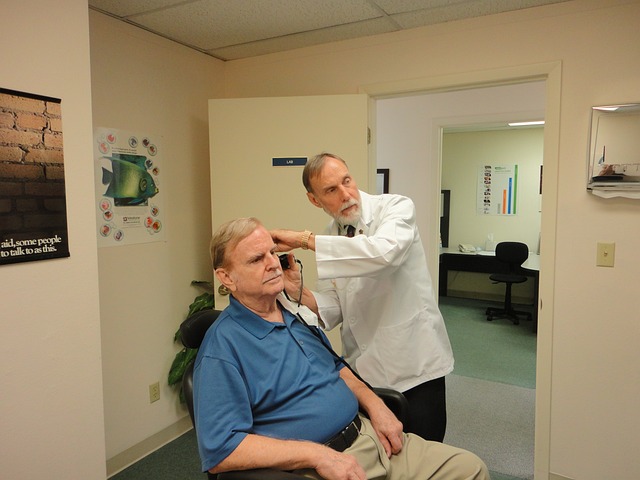Community support workers (CSWs) work in a variety of settings, including psychiatric hospitals, programs for people with developmental disabilities and addictions. Although the job duties vary from one setting to another, CSWs tend to have similar responsibilities when providing direct care services. In this article, we will discuss the different roles of a community support worker in a psychiatric hospital setting.
As a CSW in a psychiatric hospital, you may be assigned to provide direct care or supervision to an individual patient or small group of patients. The patient/client population you serve will depend on your role in the context of the larger rehabilitation treatment team. For example, if you are part of a five-member team working with five patients in a unit at a hospital, you may be assigned to provide direct care for one group of patients and supervision of another. If your team is made up of five members and more than five patients, then two or more members on your team may work together to provide either direct care or supervision. Generally speaking, there are three basic roles that a CSW in a psychiatric hospital can play:
- Direct Care (Worker)
- Clinical Support (Supervisor)
- Patient Transport (Driver)
A worker provides direct care, which involves nursing assessments and treatments; administering medications; caring for skin integrity; promoting self-care; toileting; assisting with nutrition; attending to the patient’s personal hygiene requirements as bathing and brushing teeth; providing physical assistance; and dressing. It is important to note that direct care workers are primarily responsible for ensuring the health, safety, and well-being of each patient in their care. The worker position requires additional training in nursing/medication administration or therapy skills, depending on the work setting. There are many advantages associated with working as a direct care worker, including:
- Extensive experience in delivering hands-on care to patients, which can lead to good job opportunities after graduation;
- Extensive knowledge of psychiatric hospitals, particularly if you have worked previously in this type of work setting;
- Opportunity to use your education and skills gained from training programs (i.e., Ontario College Diploma Program) throughout your career within this work context;
- Opportunity to develop new skills, for example, in long-term care or social work.
A clinical support worker provides patient supervision and assists the workers in providing direct care to patients. A supervisor may also assist with training of staff, providing guidance and encouragement to staff members, developing educational materials for in-hospital programs (i.e., recreation), demonstrating therapeutic activities in groups/units, planning in-hospital programming in consultation with the treatment team; supervising students (supervisor trainee) on placement at the hospital; participating in the discharge planning process; making referrals for community services when necessary; maintaining records of client information including attendance at out-patient counseling sessions or other treatment programs; documenting timesheets when applicable; completing mandatory training and other required documentation.
The primary advantage of working as a clinical support worker in a psychiatric hospital is the opportunity to develop your leadership and organization skills and practice therapeutic intervention techniques related to dealing with mental health issues or addictions. You may also gain much-needed experience working in an inpatient care setting, which can be useful when applying for health care positions such as residential counselors, addictions counselors, or case managers/social workers. Although difficult at times (and only if you work at a larger institution), success in this position can lead to opportunities for advancement within the hospital or even outside the hospital context (e.g., social work agency).
Patient transport staff provides transportation services to patients, including driving, escorting, and loading, and unloading patients within the hospital or to and from off-site locations. The work context is typically not as fast-paced as direct care worker positions, nor does it require interpersonal skills such as those required for patient support services (i.e., clinical support workers). Some advantages of this position include:
- Ability to focus on aspects of your job that you enjoy such as driving;
- Less demanding caring responsibilities;






